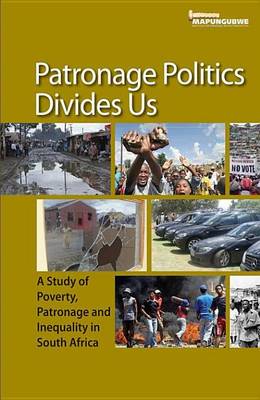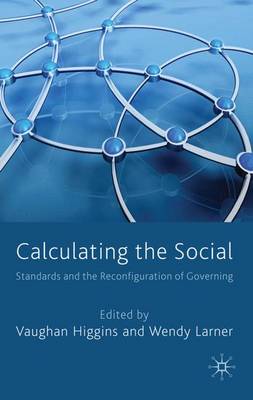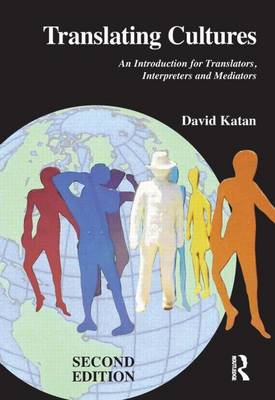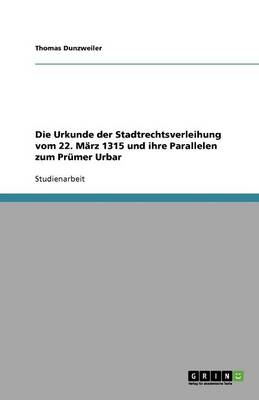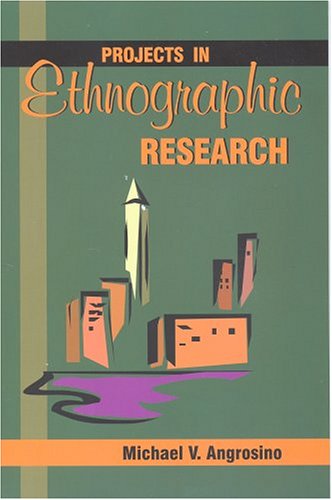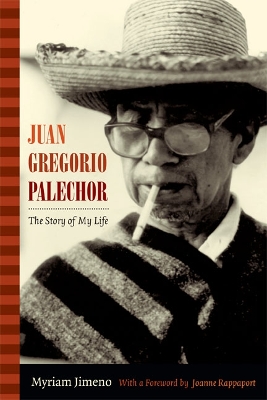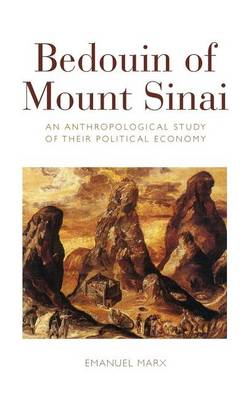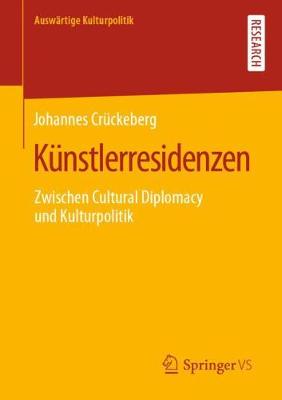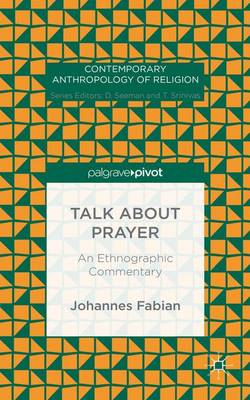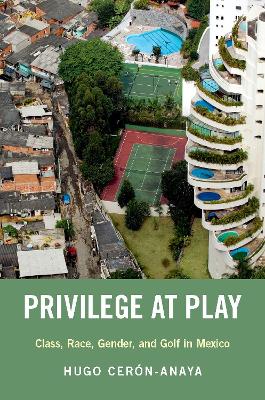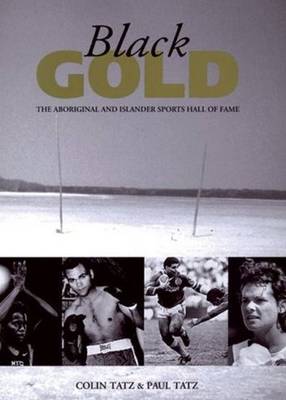River of Tears is the first ethnography of Brazilian country music, one of the most popular genres in Brazil yet least-known outside it. Beginning in the mid-1980s, commercial musical duos practicing musica sertaneja reached beyond their home in Brazil's central-southern region to become national bestsellers. Rodeo events revolving around country music came to rival soccer matches in attendance. A revival of folkloric rural music called musica caipira, heralded as musica sertaneja's ancestor, al...
Calculating the Social
Examining the increasingly powerful role of standards in the governing of economic, political and social life, this book draws upon governmentality and actor network theory to explore how standards and standardizing projects are articulated and rendered workable in practice, and the objects, subjects and forms of identity to which this gives rise.
Translating Cultures: An Introduction for Translators, Interpreters and Mediators
Die Urkunde der Stadtrechtsverleihung vom 22. März 1315 und ihre Parallelen zum Prümer Urbar
by Thomas Dunzweiler
Der Band stellt einerseits Vorgeschichte, Verlauf und Auswirkungen eines der spektakulärsten Zusammenbrüche eines Versicherungskonzerns im 20. Jahrhundert dar und bietet darüber hinaus eine am Beispiel demonstrierte, systematische Analyse der Verflechtung von Misswirtschaft mit Medien, Staat und Gesellschaft. Die Phönix Lebensversicherung, mit Sitz in Wien und Kunden in 22 Ländern, wurde im Jahr 1936 zahlungsunfähig. Sie hatte riesige Verluste aufgetürmt, Bilanzen gefälscht und Schlüsselperson...
The Colombian activist Juan Gregorio Palechor (1923-1992) dedicated his life to championing indigenous rights in Cauca, a department in the southwest of Colombia, where he helped found the Regional Indigenous Council of Cauca. Recounting his life story in collaboration with the Colombian anthropologist Myriam Jimeno, Palechor traces his political awakening, his experiences in national politics, the disillusionment that resulted, and his turn to a more radical activism aimed at confronting ethnic...
The Sinai Peninsula links Asia and Africa and for millennia has been crossed by imperial armies from both the east and the west. Thus, its Bedouin inhabitants are by necessity involved in world affairs and maintain a complex, almost urban, economy. They make their home in arid mountains that provide limited pastures and lack arable soils and must derive much of their income from migrant labor and trade. Still, every household maintains, at considerable expense, a small orchard and a minute flock...
Kunstlerresidenzen (Auswartige Kulturpolitik)
by Johannes Cruckeberg
Talk about Prayer (Contemporary Anthropology of Religion)
by Johannes Fabian
Talk about Prayer is an experiment in writing ethnography, a commentary on a conversation with Mama Regine Tshitanda, the leader of a Charismatic prayer group (groupe de priere) in Lubumbashi (Katanga, Democratic Republic of the Congo) and members of her family in 1986. Fabian's research on expressions and practices of popular culture, including popular religion, was conducted during two visits to Katanga in 1985 and 1986. He discusses controversial issues in the study of the Global Charismatic...
Dance That Makes You Vanish, The: Cultural Reconstruction in Post-Genocide Indonesia (Difference Incorporated)
by Rachmi Diyah Larasati
While most research on inequality focuses on impoverished communities, it often ignores how powerful communities and elites monopolize resources at the top of the social hierarchy. In Privilege at Play, Hugo Ceron-Anaya offers an intersectional analysis of Mexican elites to examine the ways affluent groups perpetuate dynamics of domination and subordination. Using ethnographic research conducted inside three exclusive golf clubs and in-depth interviews with upper-middle and upper-class golfers,...
A Convenient Hatred chronicles a very particular hatred through powerful stories that allow readers to see themselves in the tarnished mirror of history. It raises important questions about the consequences of our assumptions and beliefs and the ways we, as individuals and as members of a society, make distinctions between "us" and "them," right and wrong, good and evil. These questions are both universal and particular.
Through this important collection of articlesaby some of the leading analysts of consumption, cities and space Consuming the Entrepreneurial City offers a cutting-edge analysis of the ways in which cities are developing and the implications this has for their future. It is essential reading for students of urban studies, geography, sociology, cultural studies, heritage studies and anthropology.

